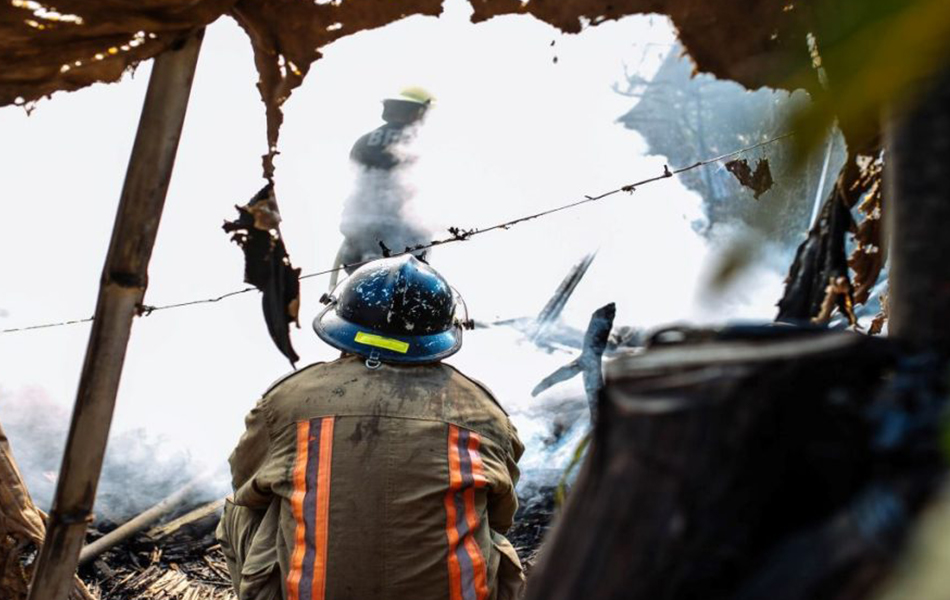Mental Health in Different Careers

We’ve been saying it for decades – awareness, diversity, representation – and over the past two years it seems TV and film finally started paying attention. And we’re here for it. The growing exposure of mental illness on screen has led to the slow but sure chipping away at all the stigma surrounding it. With […]


